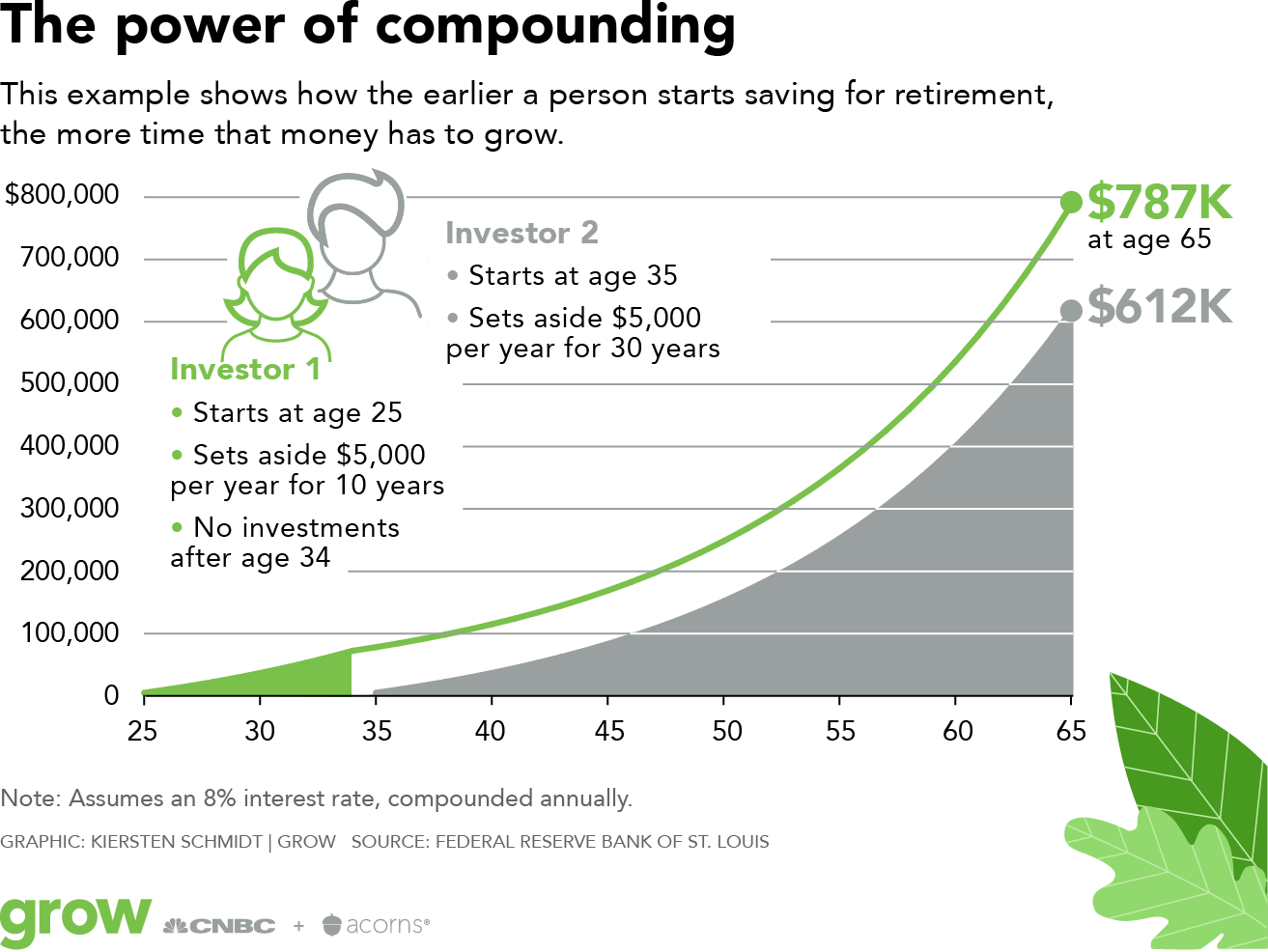If the thought of investing in the stock market scares you, you are not alone. Individuals with really minimal experience in stock investing are either frightened by horror stories of the average financier losing 50% of their portfolio valuefor example, in the two bear markets that have currently happened in this millennium or are seduced by "hot pointers" that bear the pledge of substantial rewards but seldom settle.
The reality is that investing in the stock exchange brings danger, however when approached in a disciplined manner, it is among the most efficient ways to develop one's net worth. While the worth of one's house typically represents most of the net worth of the average specific, many of the wealthy and really abundant typically have most of their wealth invested in stocks.
Secret Takeaways Stocks, or shares of a company, represent ownership equity in the firm, which give investors voting rights as well as a residual claim on corporate earnings in the form of capital gains and dividends. Stock exchange are where individual and institutional financiers come together to purchase and offer shares in a public venue.
For example, an individual or entity that owns 100,000 shares of a business with one million outstanding shares would have a 10% ownership stake in it. The majority of companies have exceptional shares that face the millions or billions. Common and Preferred Stock While there are 2 primary kinds of stocktypical and chosenthe term "equities" is synonymous with typical shares, as their combined market value and trading volumes are numerous magnitudes larger than that of favored shares.

Preferred shares are so named because they have choice over the typical shares in a business to receive dividends as well as possessions in case of a liquidation. Common stock can be additional classified in terms of their ballot rights. While Go here the standard property of common shares is that they should have equal ballot rightsone vote per share heldsome companies have dual or multiple classes of stock with various voting rights connected to each class.